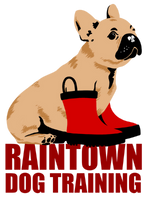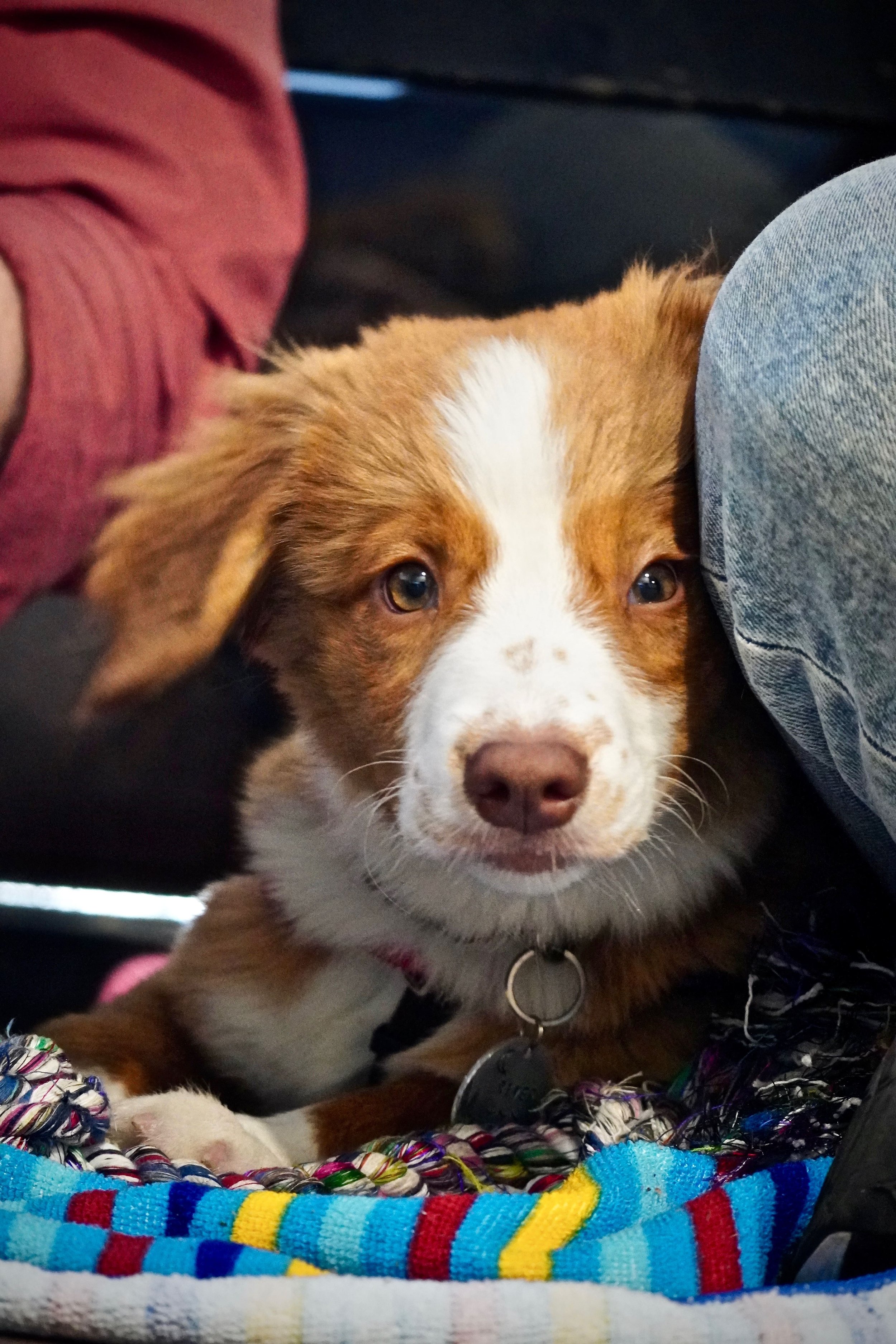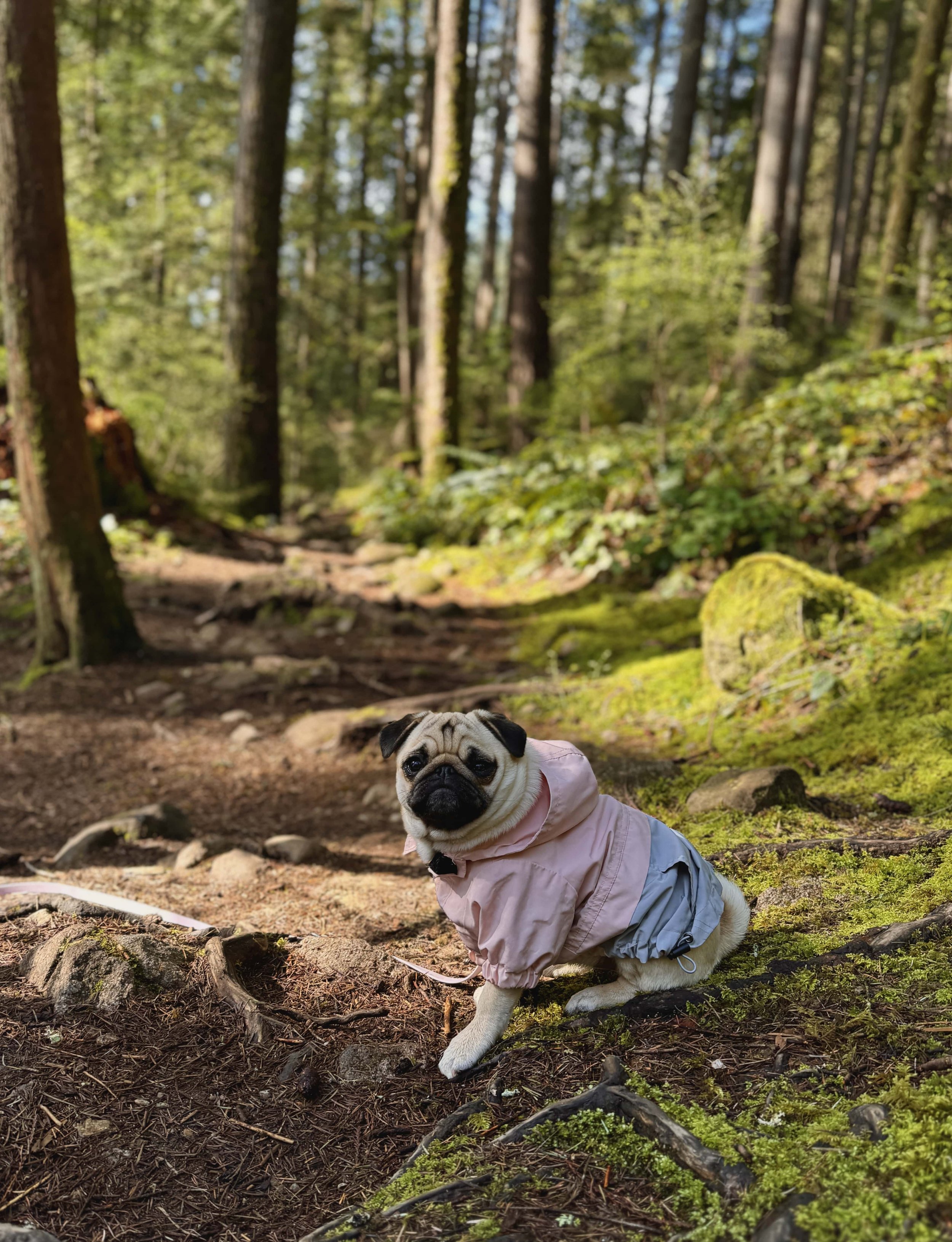Puppy Socialization: What, When & How
Tip 1:
Start Early
Did you know a puppy’s socialization window starts as early as three to six weeks of age? And that it ends before 20 weeks of age? This means that by the time you bring your dog home, they are ready to start socializing. In fact, those first few weeks when your pup’s fear response isn’t fully developed yet are the best time to start exposing them to the world. Finding a breeder (or rescue) who will begin socializing their litters early, then continuing the work yourself as soon as you bring the puppy home, is a great way to set yourself up with a confident dog.
While the risk of disease is a consideration for puppies, there are many ways to safely engage in socialization in low-risk settings. Puppy classes and puppy socials are a great way to expose your little one to others in a clean and supervised space. For more information on socializing puppies before they are fully vaccinated, you can read this statement by the American Veterinary Society of Animal Behavior (AVSAB).
Tip 2: Keep It Positive
Puppies in their socialization window are much more impressionable than adult dogs. At this age they are learning what is safe - and also what is dangerous. Exposing your pup to new people, dogs, and experiences at their pace is key. Throwing a shy puppy into a room full of excited children will more likely result in a dog that is afraid of kids than a well-socialized dog.
Think of socializing as ‘padding’ your dog with positive experiences. Begin with a low-intensity version of the trigger - maybe you have one calm child over to meet the puppy. Use treats, praise, and pets to help your pup create positive associations. If your puppy becomes overwhelmed, make sure they are able to walk away or find a spot to hide!
Looking to safely socialize your puppy? Check out Raintown’s 5-star rated Puppy Classes!
Thought of the month
I once cared for a sweet Bernese Mountain Dog who was excellent with both people and other dogs, but became a nervous wreck the minute she left her home. Whilst play with other puppies and exposure to new humans are essential parts of socialization, we have to remember that it goes beyond those as well. Socializing a puppy should include new locations, sights, sounds, smells, textures, and more. This is the age to show your puppy that the world is a safe place!



